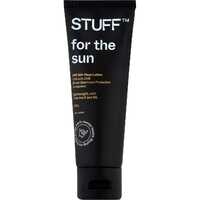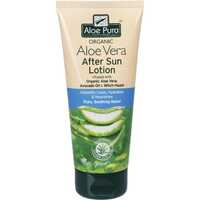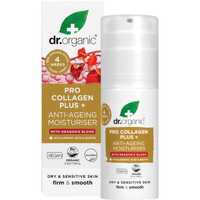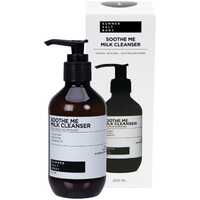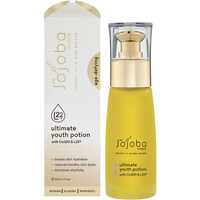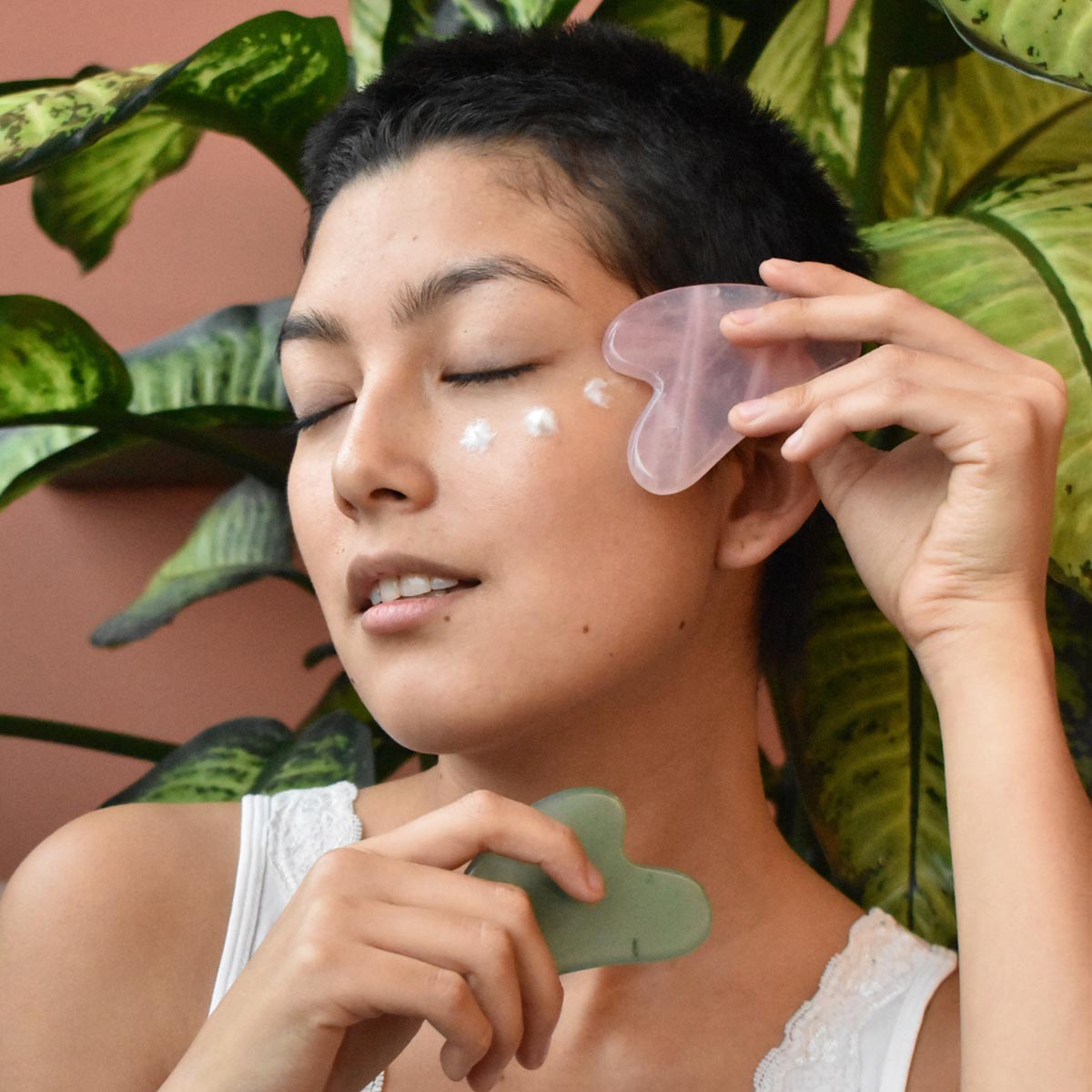When it comes to the health of your skin, what you apply on the surface is just as important as what you eat. If you want to reduce exposure to synthetic chemicals and enjoy the benefits of time-tested natural compounds, there are lots of fantastic products on the market. From moisturisers and cleansers to essential oils and sun care products, natural products are a simple and viable alternative.
In this article, we'll look at the differences between natural and synthetic cosmetic ingredients, and we'll also review organic and sustainable products. We'll conclude by listing some of the most popular natural ingredients out there so you can incorporate these items into your healthy, natural lifestyle.
Natural vs. Synthetic Cosmetic Ingredients
With so many consumers interested in natural products, it's surprising to learn that no clear definition exists for natural cosmetics. While natural compounds are often contrasted with chemicals for marketing purposes, the truth is a little more complex. A natural ingredient is also a chemical compound, but one that comes from the natural world. There are hundreds of these chemicals used in beauty and sun care products, with various items derived from the plant, mineral, animal, and microbial kingdoms.
Instead of being created synthetically in a laboratory environment, natural materials are obtained through physical extraction techniques. When this process is performed by experts in a controlled setting, it's possible to access beneficial natural chemicals without disrupting or transforming the constituent ingredients. A range of techniques are used to access these compounds, including pressure, filtration, extraction, distillation, pressing, drying, and sieving.
Rather than chemicals, it makes more sense to talk about natural and synthetic compounds. The modern cosmetics industry is heavily reliant on artificial ingredients, which are used in many beauty and sun care products. While natural compounds are used in many cosmetic formulations, synthetic ingredients are typically added to the mix. From artificial fragrances and dyes to parabens, sulphates, and phthalates, some of these substances can be harmful to human health.
What About Organic Products?
If you're interested in buying natural skincare products, it's important to understand the difference between natural and organic ingredients. While the term "organic" is widely used in natural cosmetics, these two terms are not interchangeable. There are lots of organic certifiers worldwide, and each organisation uses a different set of standards.
In Australia, the majority of products sold as organic carry the Australian Certified Organic BUD Logo. This shows that all product ingredients have been certified to the Australian Certified Organic (ACO) standard. ACO certifies organic cosmetics under the Australian National Standard, National Organic Program (USDA), and COSMOS standards.
To shop effectively, it's vital to understand the difference between natural and organic cosmetic products:
- Natural skincare products contain nature-derived formulations instead of synthetic chemicals. There is no exact definition of this term, however, and natural ingredients are not always used exclusively. When buying natural products, you should always read the ingredients and research the brand. Shopping at a dedicated health food store is a great way to avoid compromised products.
- Organic skincare products use nature-derived ingredients produced without manufactured pesticides or fertilisers. Organic products are not just free of synthetic chemicals; they have been produced under a holistic system for growing and handling food. This system includes everything from soil and plants to animals and the environment.
It's important to note, however, that organic certification is not legally required for a product supplied in Australia to be described as "organic." If a specific organic claim is made, the business needs to back it up based on regulations under the ACCC.
What About Sustainable Products?
Once again, there is a clear difference between natural products and sustainable products. In a broad sense, sustainability refers to ingredients that have a minimal impact on nature. Sustainable products are produced responsibly and don't threaten wildlife populations or sensitive natural environments. The link between natural and sustainable products is not always clear-cut, so once again, it's important to do some research.
For example, the environmental footprint of some synthetic ingredients can be smaller than the footprint of some natural ingredients. There are many natural ingredients produced in an unsustainable way, including some compounds used by the cosmetics industry. Palm oil is one obvious example, with the production of this natural product known for devastating rainforest habitats around the world.
The Size & Shape of the Natural Cosmetics Industry
If you're interested in using healthy, natural ingredients on your skin, you're certainly not alone. The natural cosmetics industry has grown by leaps and bounds over recent years as more and more consumers look to embrace safe, organic, and sustainable products. In Australia alone, the industry will generate close to $225 million in 2023, and the annual growth rate is expected to reach 4.72% between now and 2028. This industry includes a wide range of products, from skincare and sun care to natural makeup and hair care.
Fantastic Natural Products for Your Skin
If you want to look after your skin naturally, you need to apply specific beauty and sun care products. From moisturising creams and body oils to sun lotions and after-sun care, everything you put on your skin has an impact. Along with staying hydrated and eating healthy foods, the following topical applications have a huge effect:
Moisturisers
Moisture is integral to healthy skin, with dry skin often sore, itchy, and tender. Whether natural or synthetic, moisturisers include three primary substances: occlusives help to hold water in, humectants sponge up water from the dermis layer, and emollients fill in rough spots to make skin feel smooth.
Most commercial moisturisers combine water with synthetic emollients, which make the skin feel smooth without actually affecting the water content. Lots of natural elements can also be used as moisturisers, including aloe vera, shea butter, coconut oil, manuka honey, and lanolin. These base ingredients are often combined with natural plant oils, along with vitamins, minerals, and other beneficial ingredients.
Cleansers
There are lots of cleansers on the market, with various products made for different applications. Much like soap, cleansers help to remove dead skin, dirt, oil, and environmental pollutants. They penetrate into the pores and help to make your skin feel smoother and more radiant. There are lots of cleansers on the market, with products designed for different types of skin and parts of the body. Lots of people prefer natural cleansers, as they're free from artificial ingredients and less likely to irritate the skin. Examples include rose water, aloe vera, and various mineral salt scrubs.
Face and body oils
Natural essential oils can be added to the face and body, often in combination with moisturisers and cleansers. These plant extracts are made from flowers, leaves, seeds, and other natural compounds. Some of these oils have properties that benefit the skin, and they're often used in beauty products. Some of the best skin-friendly essential oils include lavender, chamomile, sandalwood, and rosemary. These oils can be very strong when applied directly, with most people choosing to use trusted commercial skincare blends.
Sunscreen
If you spend any time in the sun, it's important to apply sunscreen. Most commercial sunscreens are made from avobenzone, octinoxate, and oxybenzone, with these artificial compounds acting as a physical sunblock to reflect the sun's rays. While these ingredients have proven to be very effective, lots of people prefer to use natural sunscreen lotions.
If you want to stay safe in the sun but avoid synthetic compounds, your options are limited. Zinc oxide and titanium dioxide are the only active, natural, and effective ingredients commonly used as sunblock. These minerals are naturally found in the earth, and they're available in many commercial sunscreen products. Zinc oxide and titanium dioxide can be applied in their standard form, and they're also available in nano-particle form.
After-sun care
When it comes to looking after your skin, after-sun care is almost as important as sunscreen. These products are designed to soothe and nourish your skin, adding moisture, preventing dryness, and offering relief from sunburn and salt. Aloe vera is the preferred choice for many people, with the natural gel of this plant sometimes combined with other moisturising compounds like shea butter, coconut oil, and cucumber gel. Aloe vera feels amazing on dry and irritated skin, and it's even slightly cold when applied, which is perfect after time in the sun.
If you're looking for natural beauty and sun care products for your skin, Healthy Being has everything you need. From moisturisers and cleansers to natural oils and after-sun care, you can buy everything you need from one convenient location. We have an extensive range of natural body and beauty products, including oral care, hair care, lip care, deodorants, and more. So check out our website today or contact our team to learn more.


 Certified Organic
Certified Organic Vegan Friendly
Vegan Friendly  Vegetarian
Vegetarian Organic Ingredients
Organic Ingredients Dairy Free
Dairy Free Gluten Free
Gluten Free Keto Friendly
Keto Friendly


























